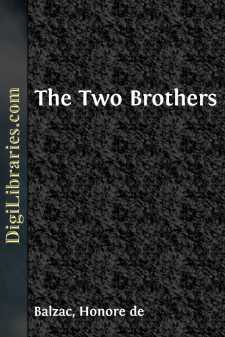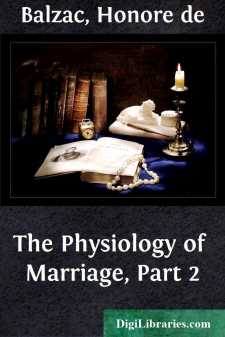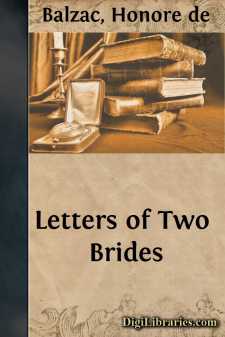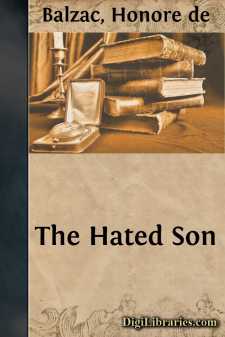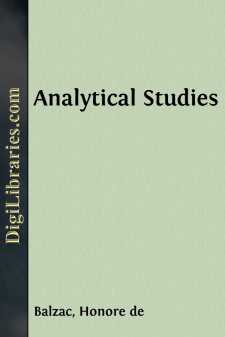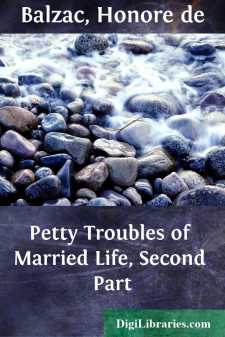Categories
- Antiques & Collectibles 13
- Architecture 36
- Art 48
- Bibles 22
- Biography & Autobiography 816
- Body, Mind & Spirit 145
- Business & Economics 28
- Children's Books 17
- Children's Fiction 14
- Computers 4
- Cooking 94
- Crafts & Hobbies 4
- Drama 346
- Education 58
- Family & Relationships 59
- Fiction 11834
- Foreign Language Study 3
- Games 19
- Gardening 17
- Health & Fitness 34
- History 1378
- House & Home 1
- Humor 147
- Juvenile Fiction 1873
- Juvenile Nonfiction 202
- Language Arts & Disciplines 89
- Law 16
- Literary Collections 686
- Literary Criticism 179
- Mathematics 13
- Medical 41
- Music 40
- Nature 179
- Non-Classifiable 1768
- Performing Arts 7
- Periodicals 1453
- Philosophy 66
- Photography 2
- Poetry 897
- Political Science 203
- Psychology 45
- Reference 154
- Religion 516
- Science 126
- Self-Help 85
- Social Science 82
- Sports & Recreation 34
- Study Aids 3
- Technology & Engineering 59
- Transportation 23
- Travel 463
- True Crime 29
Our website is made possible by displaying online advertisements to our visitors.
Please consider supporting us by disabling your ad blocker.
The Two Brothers
by: Honore de Balzac
Categories:
Description:
Excerpt
CHAPTER I
In 1792 the townspeople of Issoudun enjoyed the services of a physician named Rouget, whom they held to be a man of consummate malignity. Were we to believe certain bold tongues, he made his wife extremely unhappy, although she was the most beautiful woman of the neighborhood. Perhaps, indeed, she was rather silly. But the prying of friends, the slander of enemies, and the gossip of acquaintances, had never succeeded in laying bare the interior of that household. Doctor Rouget was a man of whom we say in common parlance, "He is not pleasant to deal with." Consequently, during his lifetime, his townsmen kept silence about him and treated him civilly. His wife, a demoiselle Descoings, feeble in health during her girlhood (which was said to be a reason why the doctor married her), gave birth to a son, and also to a daughter who arrived, unexpectedly, ten years after her brother, and whose birth took the husband, doctor though he were, by surprise. This late-comer was named Agathe.
These little facts are so simple, so commonplace, that a writer seems scarcely justified in placing them in the fore-front of his history; yet if they are not known, a man of Doctor Rouget's stamp would be thought a monster, an unnatural father, when, in point of fact, he was only following out the evil tendencies which many people shelter under the terrible axiom that "men should have strength of character,"—a masculine phrase that has caused many a woman's misery.
The Descoings, father-in-law and mother-in-law of the doctor, were commission merchants in the wool-trade, and did a double business by selling for the producers and buying for the manufacturers of the golden fleeces of Berry; thus pocketing a commission on both sides. In this way they grew rich and miserly—the outcome of many such lives. Descoings the son, younger brother of Madame Rouget, did not like Issoudun. He went to seek his fortune in Paris, where he set up as a grocer in the rue Saint-Honore. That step led to his ruin. But nothing could have hindered it: a grocer is drawn to his business by an attracting force quite equal to the repelling force which drives artists away from it. We do not sufficiently study the social potentialities which make up the various vocations of life. It would be interesting to know what determines one man to be a stationer rather than a baker; since, in our day, sons are not compelled to follow the calling of their fathers, as they were among the Egyptians. In this instance, love decided the vocation of Descoings. He said to himself, "I, too, will be a grocer!" and in the same breath he said (also to himself) some other things regarding his employer,—a beautiful creature, with whom he had fallen desperately in love. Without other help than patience and the trifling sum of money his father and mother sent him, he married the widow of his predecessor, Monsieur Bixiou.
In 1792 Descoings was thought to be doing an excellent business. At that time, the old Descoings were still living....


